𝗞𝗵𝗲𝗻𝗽𝗼 𝗬o𝗻𝘁𝗲𝗻 𝗚o𝗻𝗽𝗼 𝗮𝗸𝗮 𝗝𝗶𝗴𝗺𝗲 𝗧𝗮𝗺𝗱𝗿𝗶𝗻 𝗬o𝗻𝘁𝗲𝗻 𝗚o𝗻𝗽𝗼 𝗼𝗿 𝗞𝗵𝗲𝗻𝗽𝗼 𝗚o𝗻𝗿𝗶 (𝟭𝟴𝟵𝟵–𝟭𝟵𝟱𝟵)(past). 𝗚𝗿𝗲𝗮𝘁 𝗞𝗵𝗲𝗻𝗽𝗼 𝗝𝗶𝗴𝗺𝗲 𝗬𝗼𝗻𝘁𝗲𝗻 𝗚𝗼𝗻𝗽𝗼 was one of the greatest Dzogchen masters in recent times, and was said to be the joint emanation of Jetsun Senge Wangshuk, Jigme Lingpa and Migyur Namkhe Dorje. He was commonly considered to be an incarnation of the primordial Buddha Samantrabhadra. Born in 1899, Khenpo Jigme Yonten Gonpo studied with many great masters including HE Fifth Dzogchen Rinpoche Tupten Choki Dorje, Great Khenpo of Jagong Shenpen Nangwa, Shadral Kunga Palden, and many more. He received teachings on sutra, tantra and the general sciences, but most importantly Khenpo received all the empowerments, guidance and personal instructions of the Heart Essence of the Great Perfection and became the most important realised lineage holder of his day. From the throne of Shirasing Buddhist College, he taught extensively on...
Posts
ཚིག་བཀོད་མཁན།
Tashi Dorji
བཙུགས་ཚེས།
This National Day is especially meaningful as we celebrate the 70th Birth Anniversary of His Majesty the Fourth Druk Gyalpo, at a time when, in the nearly twenty years of my own reign, we are engaged in a national endeavour of profound significance which will shape the future of Bhutan. I am honoured to mark this occasion here in Bumthang, a sacred land blessed by Guru Rinpoche and Longchenpa, the birthplace of Pema Lingpa, and the ancestral home of the Wangchuck dynasty. I speak to you today from the grounds of Wangduechhoeling Palace, built by Jigme Namgyel, where Gongsar Ugyen Wangchuck was born. There couldn’t have been a more fitting place to honour our forefathers and to reaffirm our pledge to serve Bhutan with courage, determination, and unwavering dedication. To all Bhutanese watching the celebrations, you are in our hearts wherever you are. As we all know, the Gelephu Mindfulness City (GMC) is of extraordinary importance for Bhutan’s prosperous future. I would like to share up...
- Get link
- X
- Other Apps
ཚིག་བཀོད་མཁན།
Tashi Dorji
བཙུགས་ཚེས།
The Impact of Removing the Class 10 Cut-Off Point Students in Class 10 progressing without a cut-off point can expand access to education but also raise concerns about quality and preparedness. Global research shows both positive and negative impacts of such policies. The decision to waive the cut-off point for Class 10 students—allowing all who pass to progress into higher secondary education—has been debated globally. Countries such as Bhutan have experimented with this policy to promote equitable access to education. While the move aligns with international goals of inclusivity and universal secondary education, research highlights both positive impacts (greater access, reduced stress, equity) and negative consequences (quality dilution, resource strain, employability challenges) The Bhutanese voiceofresearch.org Asia News Network . Positive Impacts Equitable Access to Education Removing the cut-off point ensures that students from disadvantaged bac...
- Get link
- X
- Other Apps
I LOVE MY COUNTRY
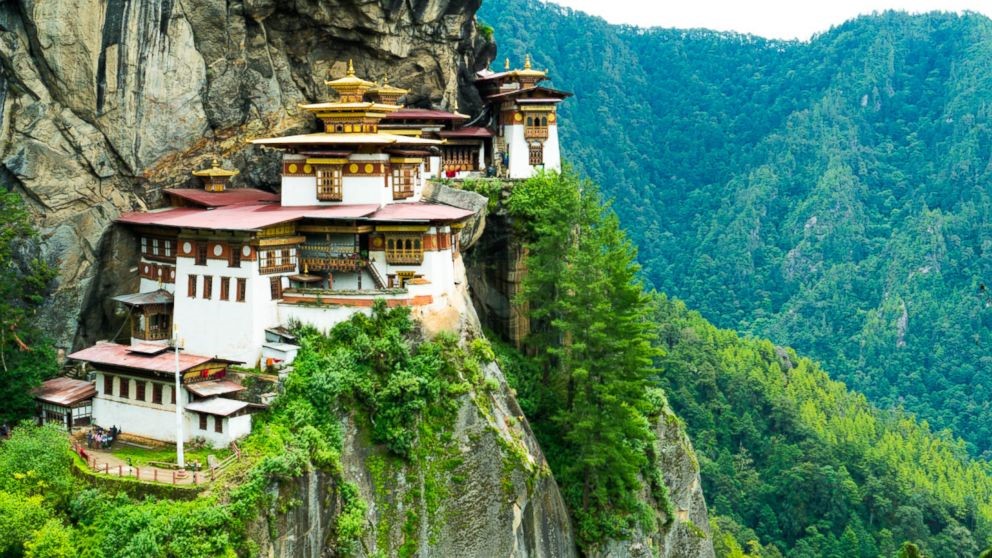
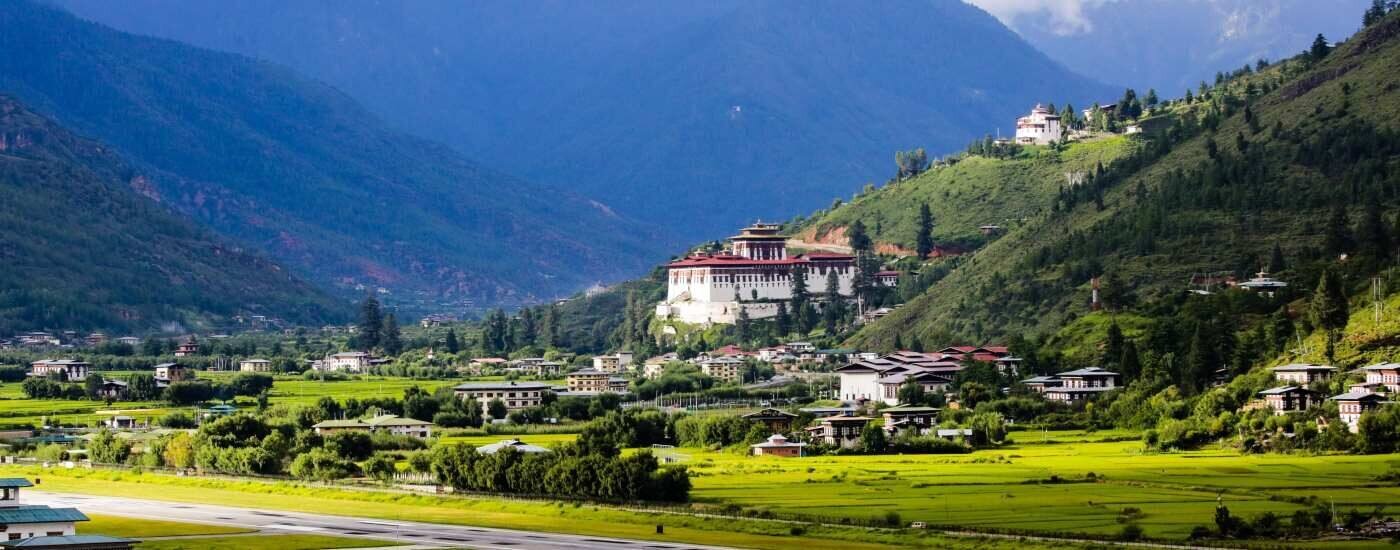
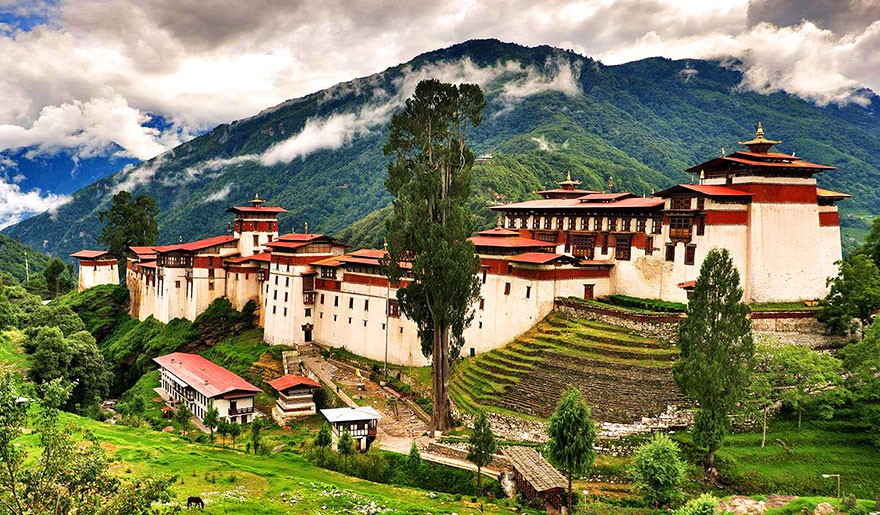
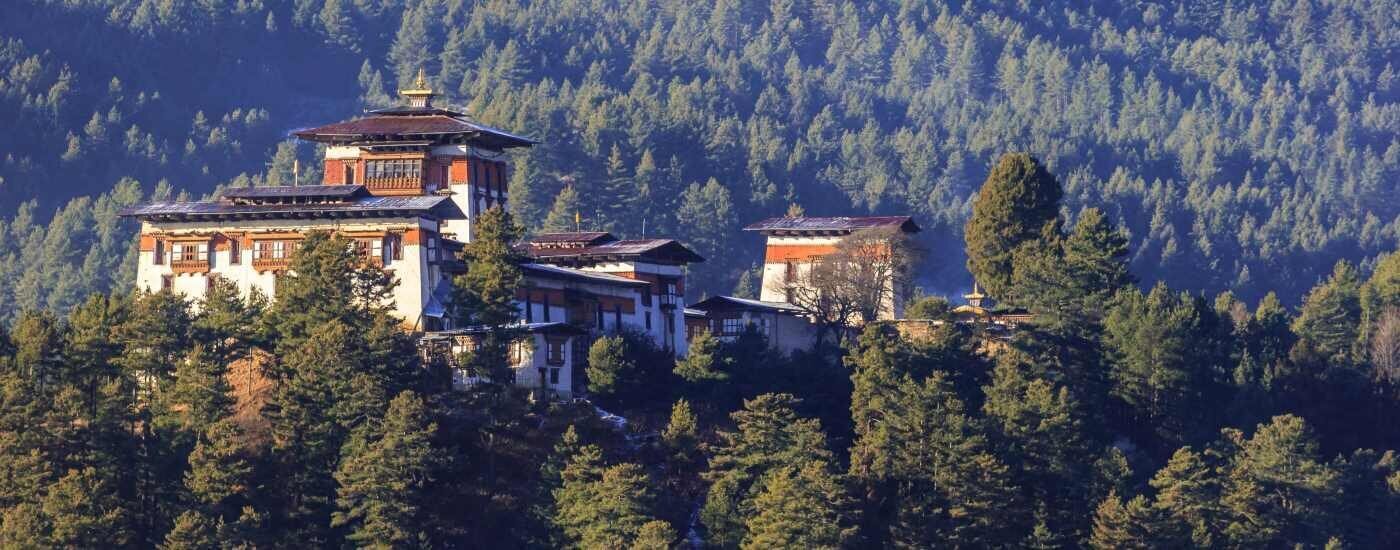
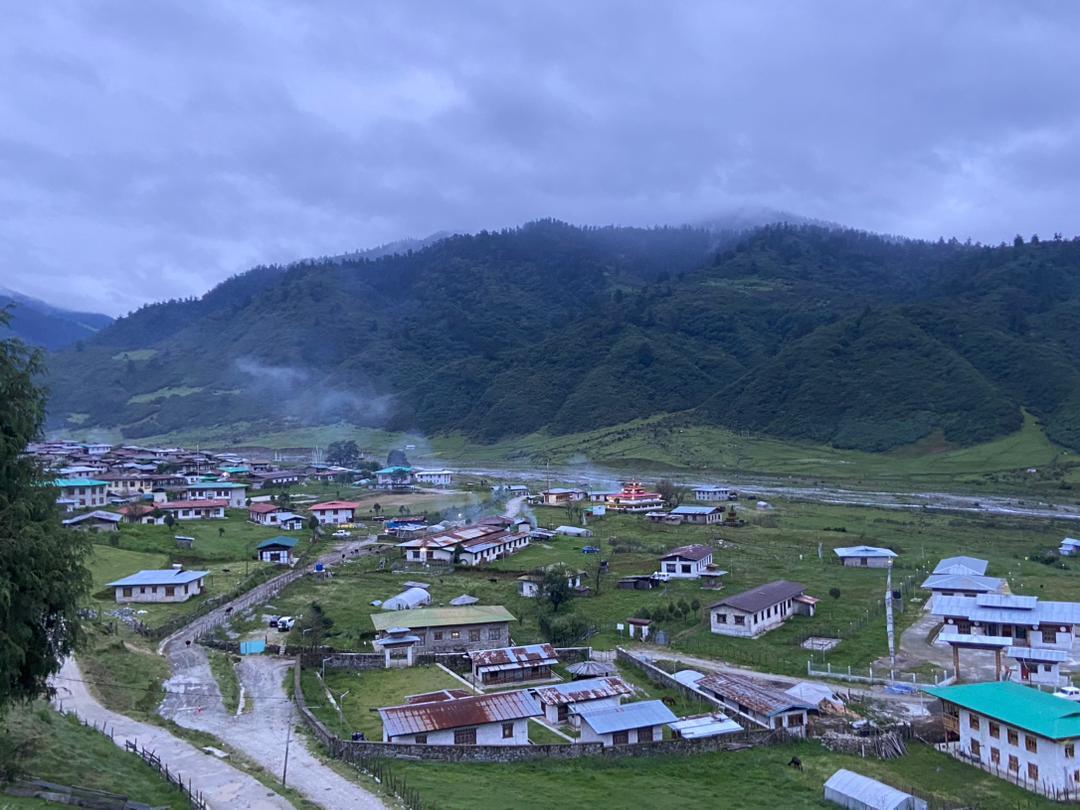
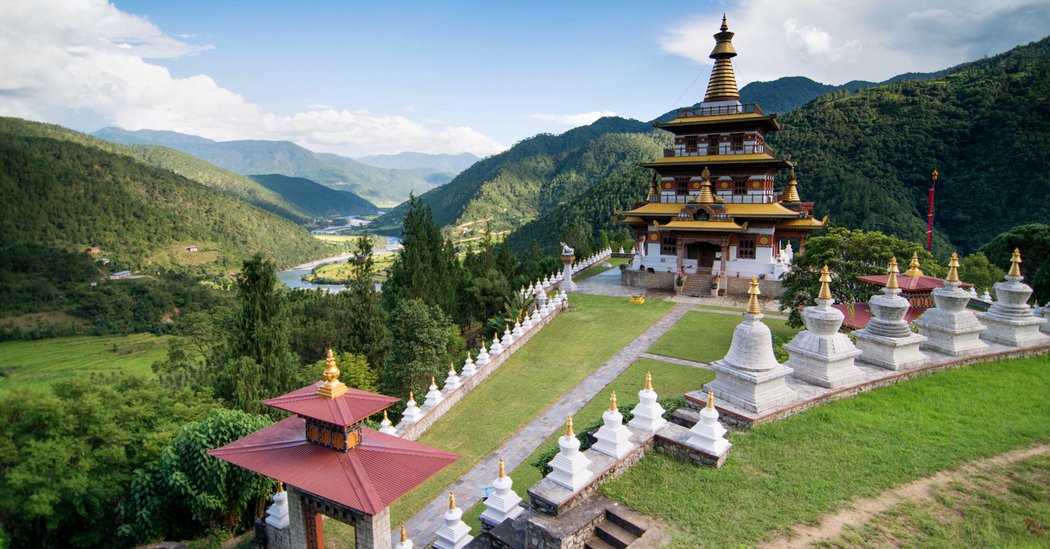
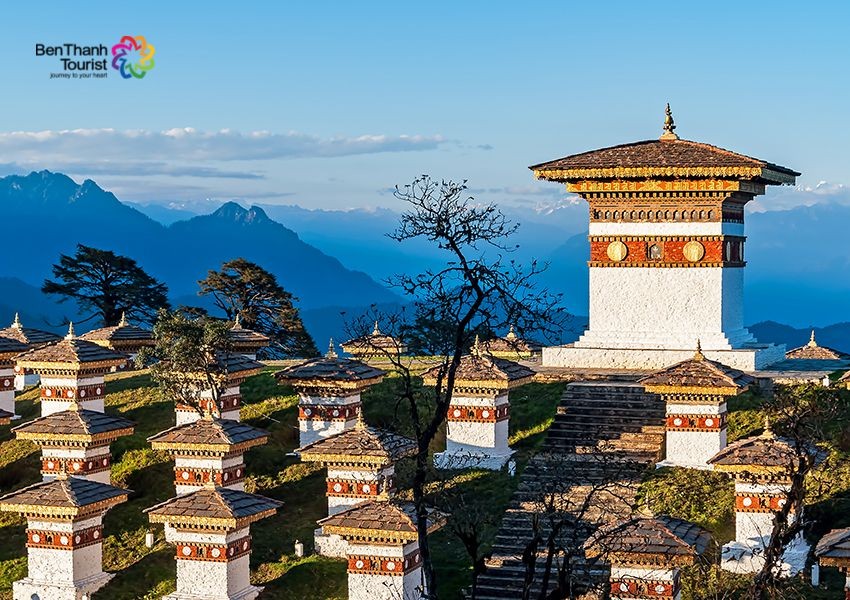
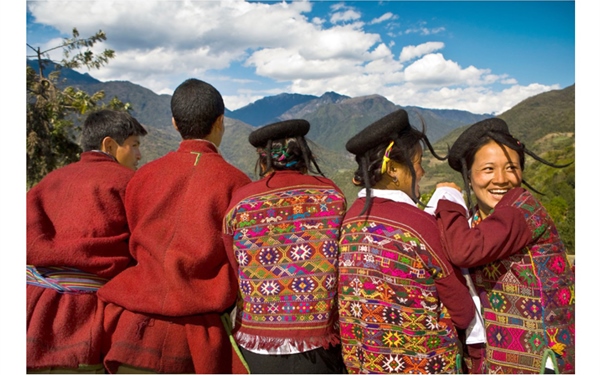
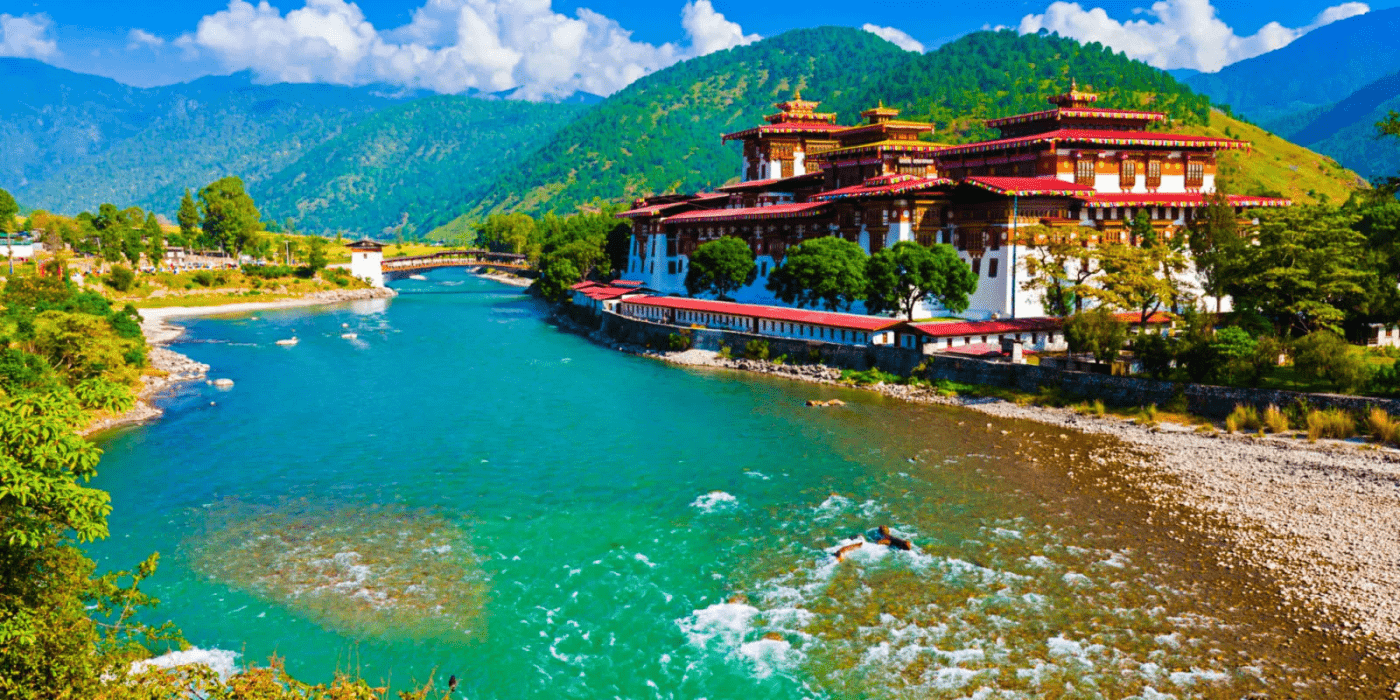
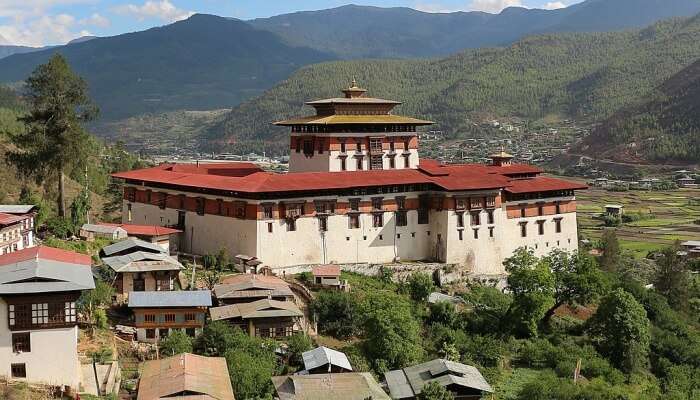

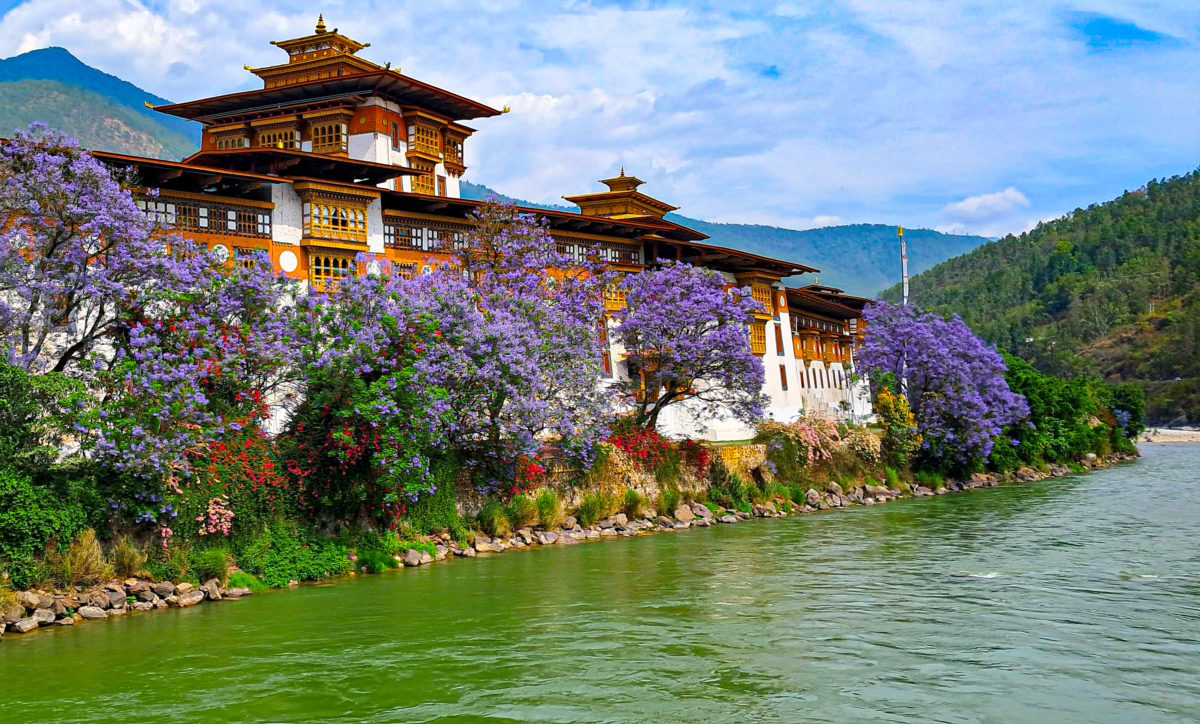
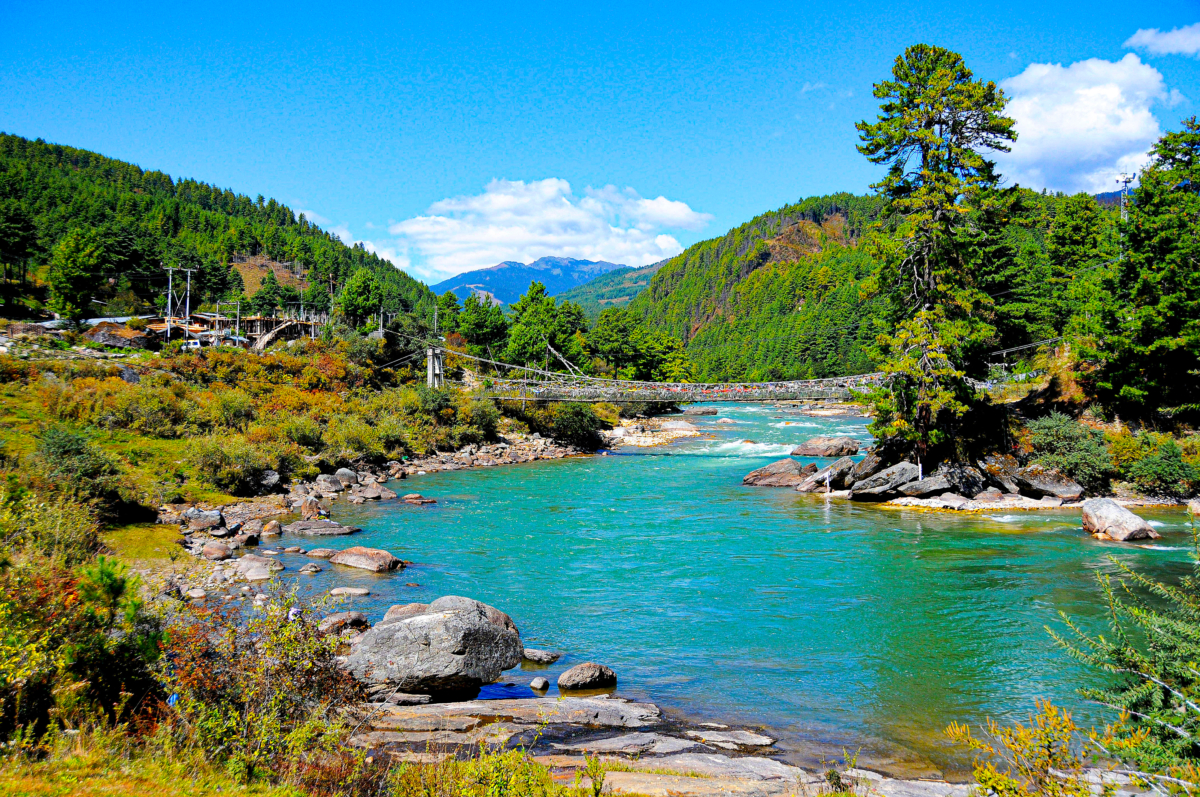
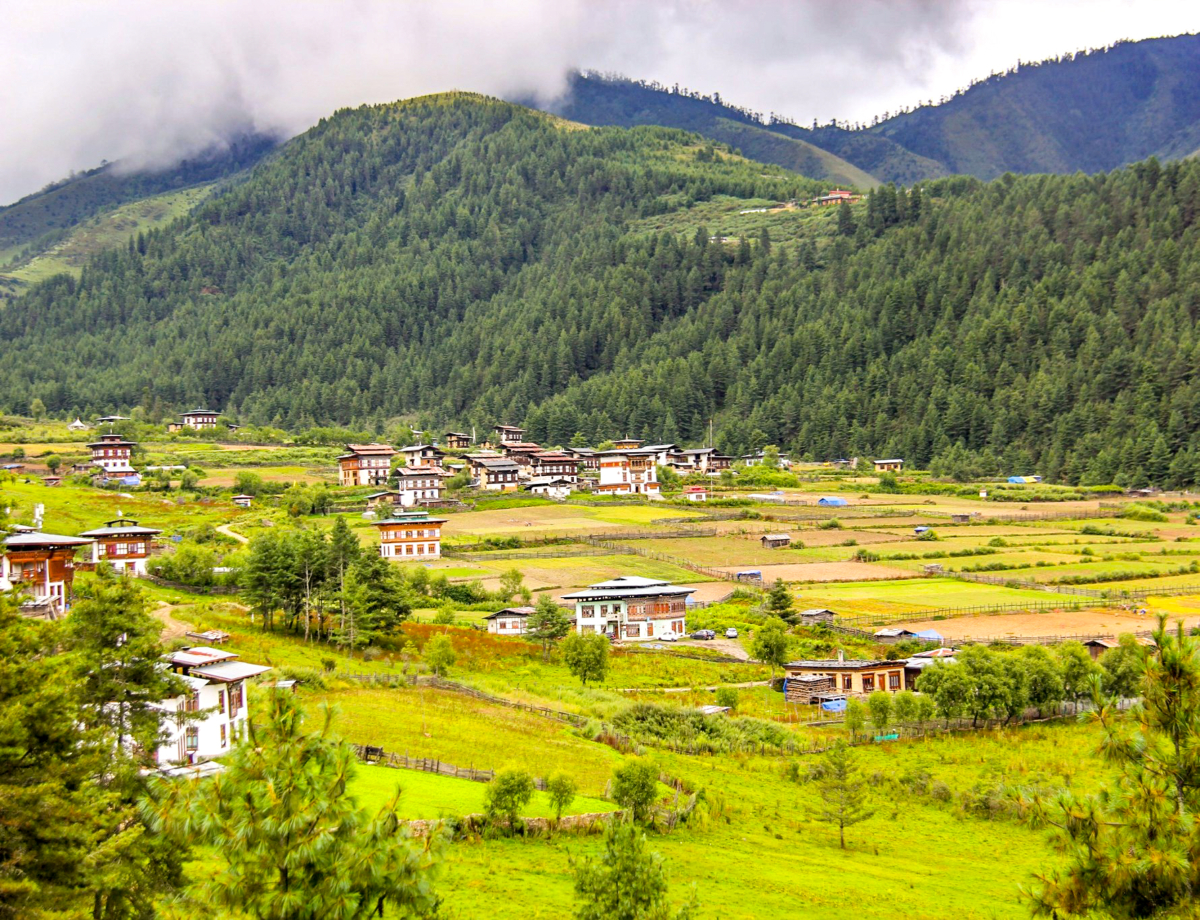
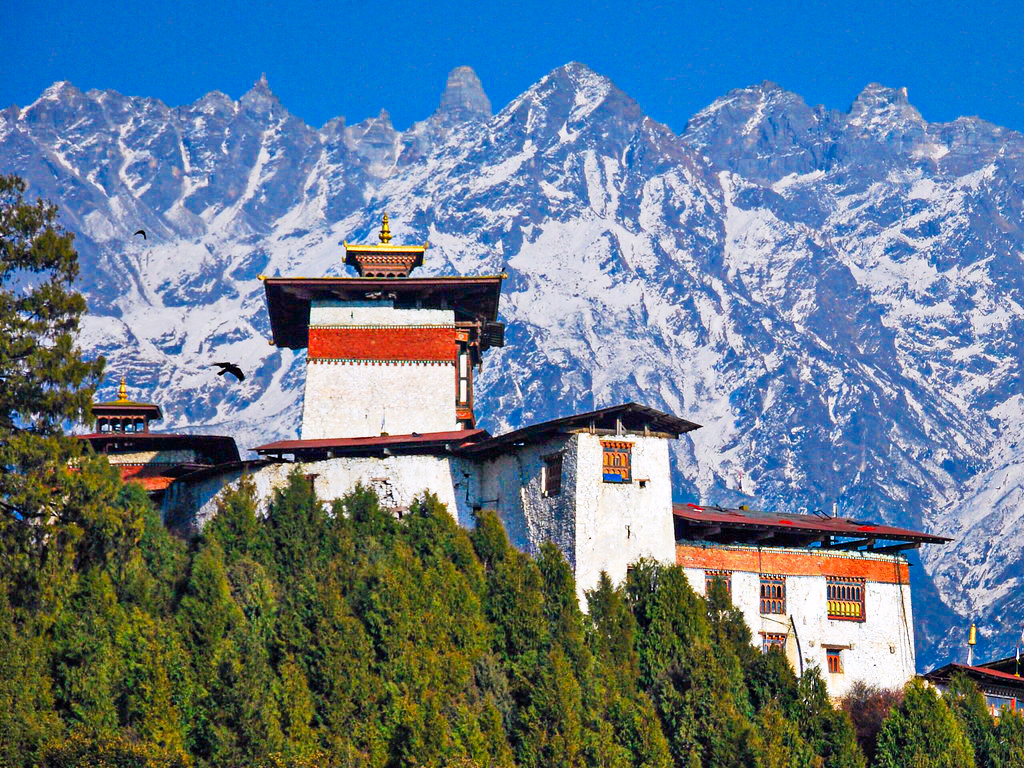
དྲན་གཏམ།
མདོ་རྒྱ་ཆེར་རོལ་པ་ལས།
སྲིད་གསུམ་མི་རྟག་སྟོན་ཀའི་སྤྲིན་དང་འདྲ།།
འགྲོ་བའི་སྐྱེ་འཆི་གར་ལ་བལྟ་དང་མཚུངས།།
འགྲོ་བའི་ཚེ་འགྲོ་ནམ་མཁའི་གློག་འདྲ་སྟེ།།
རི་གཟར་བབ་ཆུ་ལྟ་བུར་མྱུར་མགྱོགས་འགྲོ།
